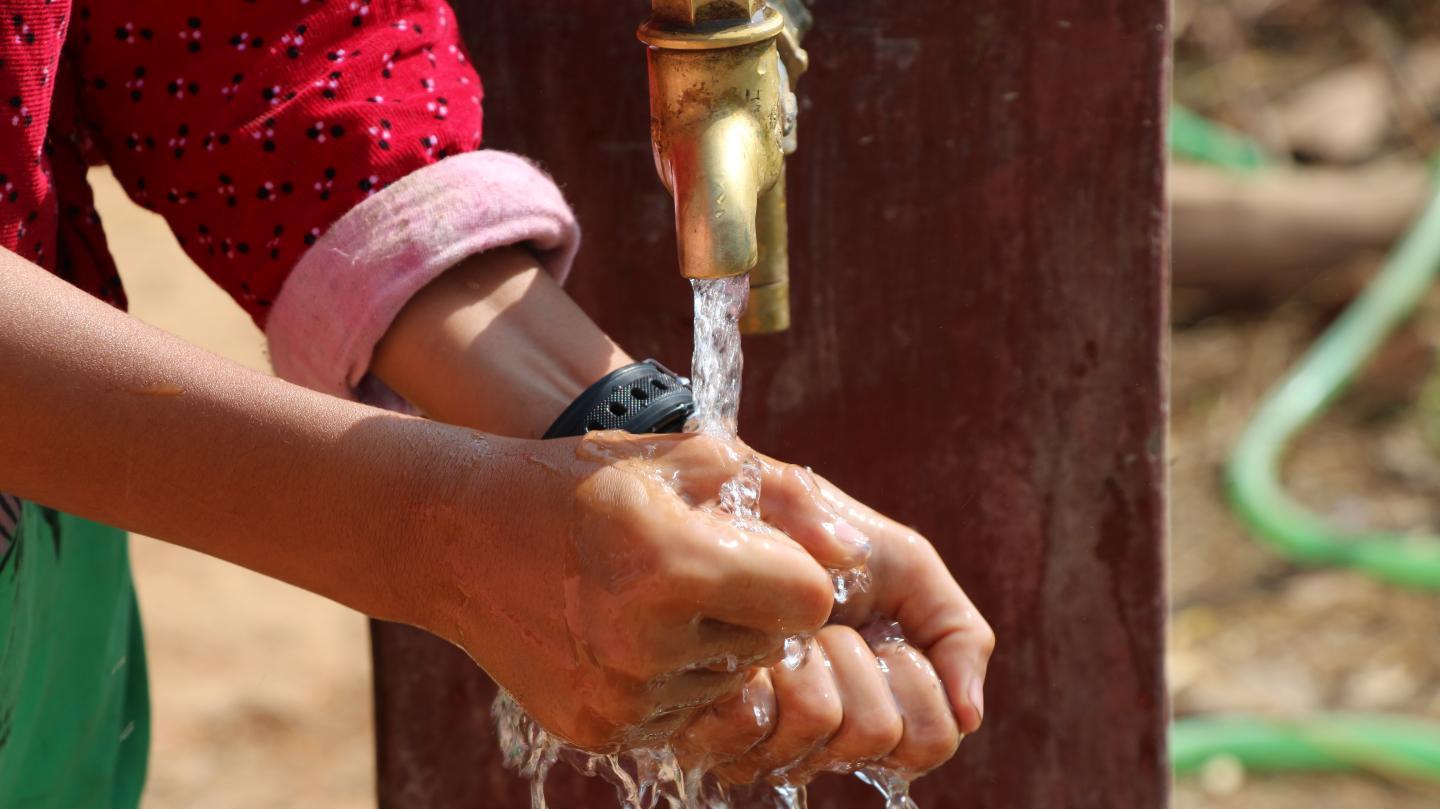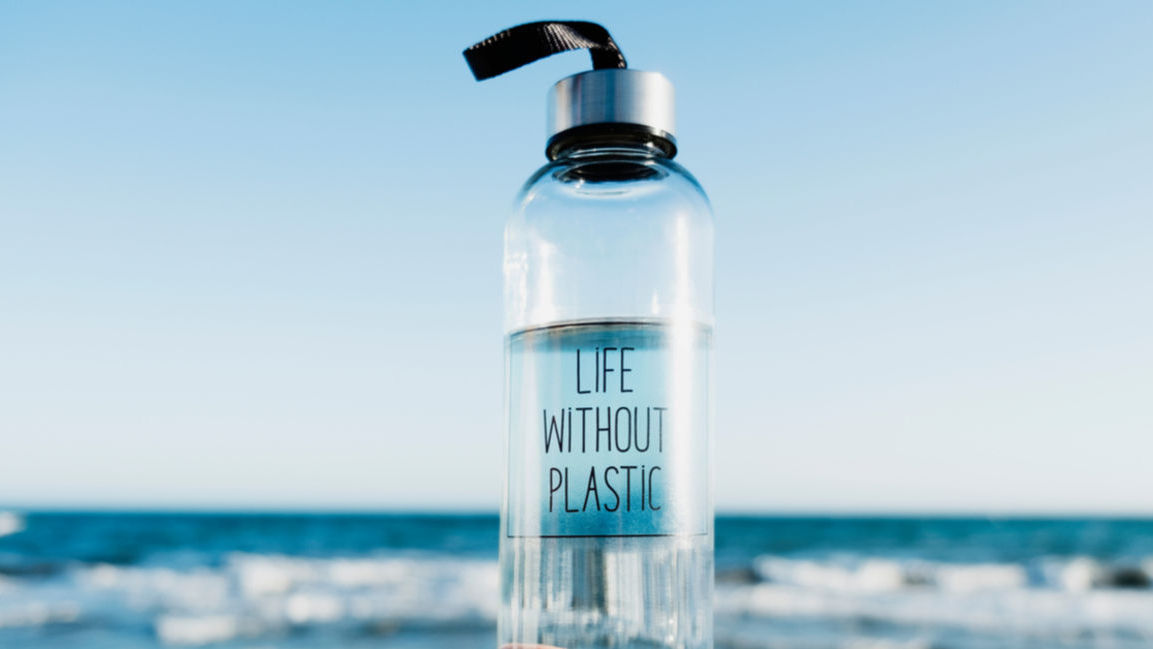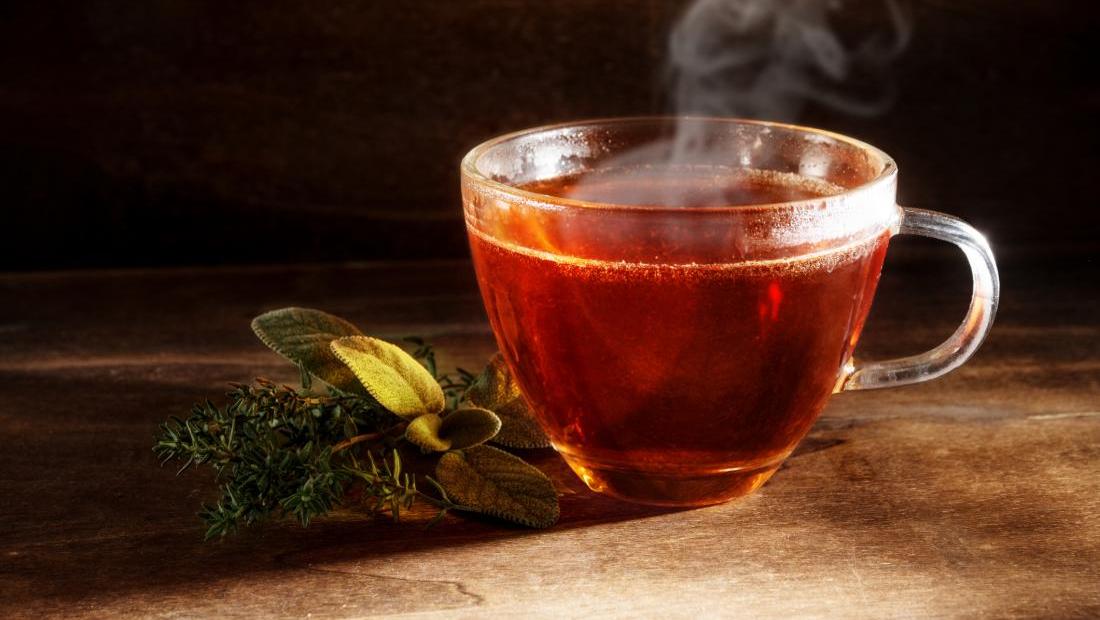Nestled amidst the towering Himalayas, Nepal is a land of diverse landscapes and rich culture. However, beneath its scenic beauty, there are pressing concerns regarding the drinking water quality in Nepal. From the bustling streets of Kathmandu to remote mountain villages, issues like waterborne diseases in Nepal, Kathmandu water supply issues, and groundwater contamination remain paramount. While initiatives are in place, such as water purification methods in Nepal and the involvement of water NGOs in Nepal, the broader Nepal water crisis persists. The rise of bottled water brands in Nepal hints at the public's search for safer alternatives, even as challenges like arsenic in Nepal's water loom large. As efforts like rainwater harvesting in Nepal and the establishment of Nepal water treatment plants gain momentum, the path to ensuring safe drinking water for tourists in Nepal and locals alike remains a collective journey.
Drinking water quality in Nepal
Drinking water quality in Nepal is a nuanced topic. Given Nepal's diverse geography, water quality can vary significantly. While natural springs in the mountains might offer pristine water, urban regions, notably in areas of rapid development, can struggle with purity. Moreover, accessibility to clean water is another layer of challenge, given the rugged topography.
Avoid tap water
It's essential to note that tap water in Nepal, even in metropolitan areas, may not always be safe for direct consumption. Possible contaminants include harmful bacteria, viruses, and other impurities that can lead to ailments like diarrhea or dysentery.

Bottled water
When in Nepal, always opt for bottled water. It's readily available in cities, popular tourist areas, and along trekking routes. However, a crucial tip is to ensure the bottle is sealed and from a reputable source to avoid counterfeit or tampered products.
Boil or purify water
In situations where bottled water isn't accessible, your next best option is to boil or purify water. A rolling boil for a minimum of one minute typically neutralizes most harmful agents. Alternatively, travelers can usewater purification tablets, portable filters, or even UV water purifiers for added safety.
Invest in a Reusable Filtered Water Bottle
In an era where sustainability matters, carrying a reusable water bottle with an integrated filter serves a dual purpose. It not only reduces plastic usage but also ensures you have access to clean drinking water, especially during treks.

Drink only hot beverages
Nepal's hot tea or coffee provides more than just warmth and comfort; it's also a safer bet since the water is boiled. But a word of caution: always steer clear of beverages served with ice, as the ice might come from untreated water sources.

Consume packaged drinks
When the water's purity is in question, opting for packaged drinks like sodas, fruit juices, or even beer can be a safer bet.
Use safe water for brushing your teeth
Ensuring water purity is one part of the equation; maintaining personal hygiene is the other. Regular handwashing using soap and water is crucial, particularly before meals or post-restroom use. For those off-the-beaten-path moments when water might not be handy, always keep a hand sanitizer close by.
Hygiene practices
Wash your hands frequently with soap and water, especially before eating or after using the toilet, to minimize the risk of ingesting harmful bacteria or viruses. Carry hand sanitizer with you for situations when water is not readily available.
Navigating the water landscape in Nepal requires awareness, preparation, and proactive measures. From the snow-capped Himalayan peaks to the bustling streets of Kathmandu, the journey to access clean and safe water remains intricate. While challenges persist, concerted efforts by the government, NGOs, and the community have initiated positive change. Tourists, armed with the right knowledge and tools, can safely explore this magnificent nation without compromising their health. At Luxury Holidays Nepal Pvt. Ltd., we believe in providing not just exceptional travel experiences but also ensuring the well-being of our guests. As Nepal continues its journey towards water sustainability and security, let's collectively play our part, ensuring every sip taken is safe and refreshing.
FAQs for Drinking Water in Nepal
Q: Is tap water safe to drink in Nepal?
A: No, tap water in Nepal, especially in urban areas, is generally not considered safe for direct consumption. It may contain harmful bacteria, viruses, and other contaminants. It's always recommended to either boil the tap water or opt for bottled water.
Q: Are there any waterborne diseases I should be wary of in Nepal?
A: Yes, due to compromised water quality, there's a risk of waterborne diseases in Nepal such as cholera, dysentery, and typhoid, especially during the monsoon season. It's essential to ensure your water source is safe to avoid these illnesses.
Q: What are the popular bottled water brands in Nepal?
A: There are various bottled water brands in Nepal that are considered safe for consumption. When purchasing, ensure the bottle is sealed and sourced from a reputable vendor.
Q: Are there any efforts to address the Kathmandu water supply issues?
A: Yes, there have been initiatives to tackle the Kathmandu water supply issues. This includes governmental projects and involvement from Water NGOs in Nepal to enhance water infrastructure and distribution.
Q: What's the situation with groundwater contamination and arsenic in Nepal's water?
A: Groundwater contamination in Nepal is a concern in specific regions, with reports of elevated levels of arsenic in Nepal's water. It's advisable to rely on treated or bottled water in such areas.
Q: Are there any NGOs working on water issues in Nepal?
A: Yes, several Water NGOs in Nepal are actively working on water-related challenges, ranging from infrastructure projects to community-driven initiatives for clean water access.
Q: How can I ensure safe drinking water while trekking in Nepal?
A: While trekking, it's vital to have access to safe drinking water for tourists in Nepal. You can opt for bottled water, use water purification tablets, or carry a portable water filter. Boiling water from natural sources is also a recommended method.
Q: What is being done about water scarcity in Nepalese villages?
A: Efforts are being made to address water scarcity in Nepalese villages. This includes rainwater harvesting in Nepal, water infrastructure projects, and community-driven initiatives to ensure a consistent and clean water supply.
Q: Are there any water treatment plants in Nepal?
A: Yes, Nepal water treatment plants have been set up in various regions, aiming to purify and make water fit for consumption, thereby reducing the risk of waterborne diseases.
Q: How can tourists contribute to water sanitation efforts in Nepal?
A: Tourists can play a role in water sanitation efforts in Nepal by practicing responsible consumption, using reusable water bottles with filters, supporting local NGOs, and raising awareness about water issues.
Important Articles regarding Travel in Nepal
Introduction of Nepal
FOODS IN NEPAL
Before You Plan Nepal Trip
While You are in Nepal
Before Traveling Nepal
If you need any further information, please contact us, Email: [email protected], Phone: +977- 985 100 5129 (WhatsApp)




